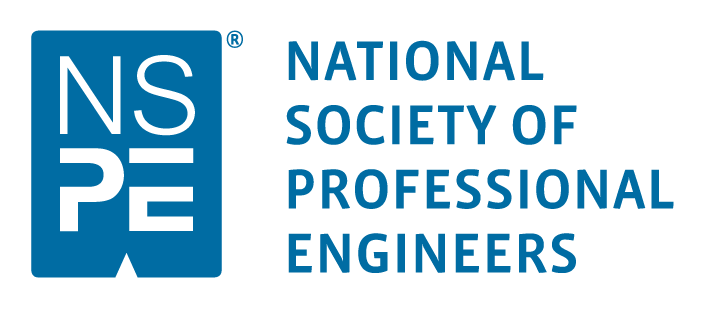Commercial Building Inspection Between the Delaware and the Hudson Rivers
The northern New Jersey area is constantly susceptible to water-related building issues. Both the Delaware River and Hudson River, in the western and eastern borders of the state, cause high humidity levels and water intrusion events like flooding – which greatly affect the structural conditions in many establishments in northern New Jersey counties such as Bergen, Passaic, Essex, Hudson, and Morris.
Too much moisture in a commercial building can lead to many problems, some of them being quite serious. Increased humidity levels inside the structure cannot only cause structural damage to buildings but can also be a direct cause of dangerous respiratory infections.
Health Implications of Dampness in Buildings
According to the World Health Organization (WHO), occupants of damp or moldy buildings face an increased risk of respiratory symptoms and infections, especially those with asthma and other pre-existing respiratory conditions.
This is supported by a study by Lawrence Berkeley National Laboratory which concluded that building dampness and mold raise the risk of a variety of respiratory and asthma-related health effects by 30 to 50%. A companion study by EPA and Berkeley Lab estimated that 4.6 million cases of asthma, 21% of the 21.8 million cases of asthma in the U.S. in 2007, could be attributed to exposure to dampness and mold in homes.
Moisture Damage to Buildings
In addition to causing health problems, moisture can damage building materials and components. For example:
- Prolonged damp conditions can lead to the colonization of building materials and HVAC systems by molds, bacteria, wood-decaying molds and insect pests (e.g., termites and carpenter ants).
- Chemical reactions with building materials and components can cause, for example, structural fasteners, wiring, metal roofing and conditioning coils to corrode and flooring or roofing adhesives to fail.
- Water-soluble building materials (e.g., gypsum board) can return to solution.
- Wooden materials can warp, swell or rot.
- Brick or concrete can be damaged during freeze-thaw cycles and by sub-surface salt deposition.
- Paints and varnishes can be damaged.
- The insulating value (R-value) of thermal insulation can be reduced.
Sources of Moisture Intrusion
Aside from high humidity and water intrusion events, indoor water leaks, broken pipes, water leaking from a clogged HVAC drain pipe, a leaky roof, poorly sealed windows, and basement flooding can also cause moisture to become a problem in commercial buildings.
Click on the link for other sources that InspectAPedia has cited to be the causes of moisture damage in commercial buildings.
How Can Moisture Problems Affect a Business or Facility?
Home to many schools, hospitals, recreational facilities, and businesses, many establishments in the northern New Jersey area are at risk when moisture problems in the building are not addressed immediately. According to the aforementioned study by Berkeley, the annual asthma-related medical costs attributable to exposures to dampness and mold total approximately $3.5 billion in the U.S.
Damage to the building itself is also costly. The report from EPA indicates the cost that building owners and tenants bear when moisture problems start to manifest on the property:
- Absenteeism due to illnesses such as asthma.
- Reduced productivity due to moisture-related health and comfort problems.
- Increased insurance risk, repair and replacement costs associated with corroded structural fasteners, wiring and damaged moisture-sensitive materials.
- Repair and replacement costs associated with damaged furniture, products, and supplies.
- Loss of use of building spaces after damage and during repairs.
- Increased insurance and litigation costs related to moisture damage claims.
With that said, it’s important that building owners in northern New Jersey with mold problems hire a commercial building inspector who is trained in mold identification and remediation. Mold assessment and identification presents many challenges and can easily be done inappropriately by untrained persons.
Contact Lockatong Engineering to learn more about our Commercial Building Inspection services. Send us an email or call us at 609-397-4106







